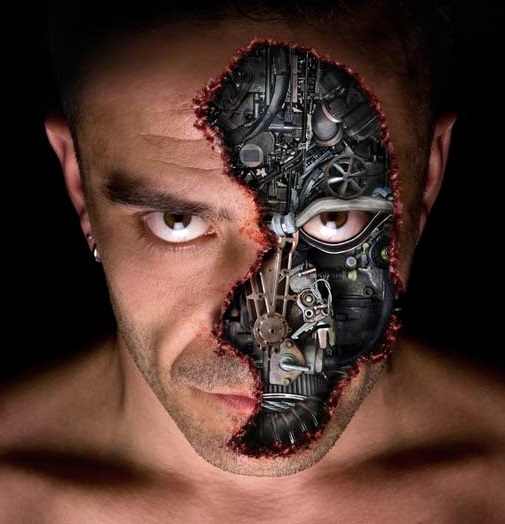 Dreams and dreaming are important topics of philosophy since ancient times and can be viewed in the context of external world’s influences. When we are awake, we are fully conscious of the outside world and activities we perform. But when we fall asleep, our subconscious mind shifts its gears and calls upon the inner world for introspection. Dream visions selectively reflect upon the outer world signals and generate positive or negative feelings we experience within dreams. Our mind tries to connect random experiences and images and find possibilities to explain them to us. Each dreaming experience can reveal our hidden desires, suppressed feelings or developing issues. In this article we are taking a closer look at organic and mechanistic influences of the outside world affecting our dream visions.
Dreams and dreaming are important topics of philosophy since ancient times and can be viewed in the context of external world’s influences. When we are awake, we are fully conscious of the outside world and activities we perform. But when we fall asleep, our subconscious mind shifts its gears and calls upon the inner world for introspection. Dream visions selectively reflect upon the outer world signals and generate positive or negative feelings we experience within dreams. Our mind tries to connect random experiences and images and find possibilities to explain them to us. Each dreaming experience can reveal our hidden desires, suppressed feelings or developing issues. In this article we are taking a closer look at organic and mechanistic influences of the outside world affecting our dream visions.
Organic or biological aspects of dream perception
The organs of our body with their different functions have direct and indirect effects on each other and on our mind and, in turn, on dreams that we experience. Physical events such as an overloaded stomach, a toothache or other types of pain could contribute to the dream narrative as the result of direct communication with the brain. These biological processes can therefore exert a certain degree of influence on dream generation. Many unpleasant dreaming experiences are the result of pain or illnesses, so analyzing the actual problems which affect our body in reality could help in interpreting the dreams we have. For example, it is quite common when sleeping with a full bladder can cause dreams containing water or water flow.
Aside from our organs and bodily functions, nature and environment can also have significant effect on dream construction. Natural events can influence dream narratives and our environment can also integrate natural elements into our dreams. For instance, creatures like birds, dogs, cats and other animals are very common symbols when dreaming. Each of them can convey different meanings about our health and our state of mind. Author Hugh Brody in his book Maps and Dreams (2002), says that hunters tend to have visions of hunting and killing game in a dream and soon after find the “dream trail” and the animal, eventually collecting the kill in waking life.
Another example of dreams being influenced by natural events happened during the genocide of mestizo villagers by the Maoist Shining Path in the 1990s. During this time, villagers would consult dreamers about the best times and opportunities for families to flee their camp and hide out in the forests. A more recent account by anthropologist Arianna Ciconni reports that certain villagers rely on dream visions to help them locate the mass graves of their relatives.
Mechanistic aspects of dream formation
Our body is a system of organs ensuring it is working properly and in good shape. These organs are also influenced by mechanistic contributors, which can control our mind and affect our perceptions. Our way of thinking then determines the visions and contextual aspects of our dreams. The mechanistic influence is formed through our sensory system. The sensory system takes in the external information and influences our mind which can affect our dreams in various ways. For instance, every day we use many things like smartphones, household items and books, among others. These things have tremendous impacts on our consciousness and are translated into mechanistically-influenced dreams.
The mechanistic world can have different effects on our dreams. The realities like running cars, crying babies or the routines of daily household tasks can also affect our dreams in the same way they can affect our mind. For example, we can often dream about driving or riding in a car if it happens on a daily basis. Meanwhile, lucid dreaming is the ability to recognize the fact that you are in a dream. Once you become aware that you are dreaming, you can control what happens like fly, have sex, have sex while flying, anything is a possibility. According to studies, gamers are more likely to have lucid dreams than people who do not play video games. Jayne Gackenbach of Grant MacEwan University believes that games enhance people’s environmental control and spatial awareness, which leads to the ability to control the dream environment much like gameplay.
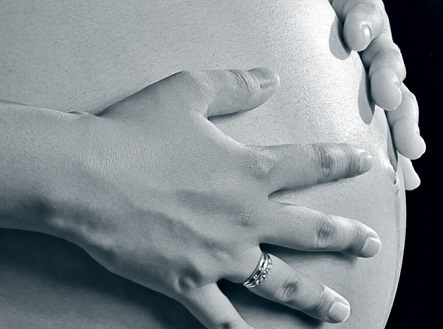 Our responsibilities also bleed into our dreams. Almost all pregnant women experience vivid dreams in their sleep. Jill Feddersen, a first time mom to a baby girl in Massachusetts dreamt of going on a trip to Paris. In the dream, she remembered being “totally unprepared and scared” of joining a tour group and saying “I can’t go – I’ve got things to do at home and I’m not packed”, but then she would eventually convince herself to get on the plane and go. The uncertainty and anxiety of flying to a new destination likely mirrored her personal fears about being a new mother.
Our responsibilities also bleed into our dreams. Almost all pregnant women experience vivid dreams in their sleep. Jill Feddersen, a first time mom to a baby girl in Massachusetts dreamt of going on a trip to Paris. In the dream, she remembered being “totally unprepared and scared” of joining a tour group and saying “I can’t go – I’ve got things to do at home and I’m not packed”, but then she would eventually convince herself to get on the plane and go. The uncertainty and anxiety of flying to a new destination likely mirrored her personal fears about being a new mother.
Organic versus mechanistic perception of dreams
Organically-influenced perception is generally associated with the organs and their current condition and functionality. If the organs are malfunctioning or experiencing problems, this will be reflected in our dreams. On the other hand, with mechanistically-driven perception, the nervous system plays the most important role in creating our dream visions. Dreams generated organically are mainly dreams related to nature, natural events or elements they have affinity with, while mechanistic dreams are based on objects, events and responsibilities we are bombarded with by everyday existence. Organic dreams reveal our connection to nature and ourselves, while mechanistic dreams are the result of routines and responsibilities we subject ourselves to after we wake up.
A famous philosopher said, “Dreams are the touchstones of our characters”. We sleep because this state allows us to rest while our mind consolidates and stores the information we collected during our waking hours. As we sleep, our consciousness actively processes the myriad of information bits in our head by rationalizing links between them. As our brain interprets all those external stimuli during sleep, dreams are created. In essence, all of these organic and mechanistic aspects become part of a “clean-up” or “recycling” process during which our mind removes unnecessary clutter to be ready to take on a new day.
 When awake, we are bombarded by external forces and stimuli which influence how we behave and project ourselves to the world. As we sleep, we carry all this information into the dream world, so that we can process and reflect on the events that happened during the day. During waking hours, our mind is constantly aware of the surroundings and the outer world, but when we dream our subconscious shifts its attention to the inner world for introspection. It is the time for internalizing all the information we absorbed and finding possible connections in seemingly random images. This is why so many people see images of themselves or their
When awake, we are bombarded by external forces and stimuli which influence how we behave and project ourselves to the world. As we sleep, we carry all this information into the dream world, so that we can process and reflect on the events that happened during the day. During waking hours, our mind is constantly aware of the surroundings and the outer world, but when we dream our subconscious shifts its attention to the inner world for introspection. It is the time for internalizing all the information we absorbed and finding possible connections in seemingly random images. This is why so many people see images of themselves or their 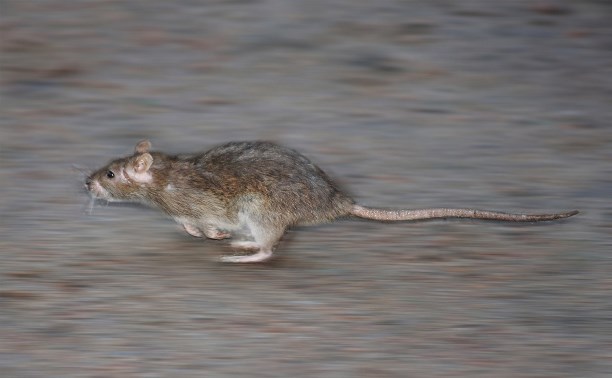 But let us take a closer look at the symbolic representations and some details contained within dream related to the images of rats. Apart from their physical characteristics and features which can evoke deep feelings of repulsion and disgust both inside the dream and afterwards, some commonly-experienced dream visions can reveal interesting, if not unusual associations and imagery, especially in the context of a particular dreams scenario.
But let us take a closer look at the symbolic representations and some details contained within dream related to the images of rats. Apart from their physical characteristics and features which can evoke deep feelings of repulsion and disgust both inside the dream and afterwards, some commonly-experienced dream visions can reveal interesting, if not unusual associations and imagery, especially in the context of a particular dreams scenario. For people who are naturally afraid of rats in wake life, these dreams could be either a confirmation of their phobia and repulsion directed at the animals, or a subconscious attempt to examine or question the nature of such fear. The symbolism of encountering a rat is quite often accompanied by the scenes of dark, untidy and unpleasant surroundings transposed into the dream from reality. Therefore, it’s a good indication of the dreamer’s preoccupation with cleanliness, purity or natural aversion to chaos and disorder. However, it could also be quite possible that the person experiencing dreams about rats spends some portion of his or her wake life in unclean, cluttered and messy environments, e.g. as a warehouse worker, a head of a large household which is difficult to manage, and the like.
For people who are naturally afraid of rats in wake life, these dreams could be either a confirmation of their phobia and repulsion directed at the animals, or a subconscious attempt to examine or question the nature of such fear. The symbolism of encountering a rat is quite often accompanied by the scenes of dark, untidy and unpleasant surroundings transposed into the dream from reality. Therefore, it’s a good indication of the dreamer’s preoccupation with cleanliness, purity or natural aversion to chaos and disorder. However, it could also be quite possible that the person experiencing dreams about rats spends some portion of his or her wake life in unclean, cluttered and messy environments, e.g. as a warehouse worker, a head of a large household which is difficult to manage, and the like.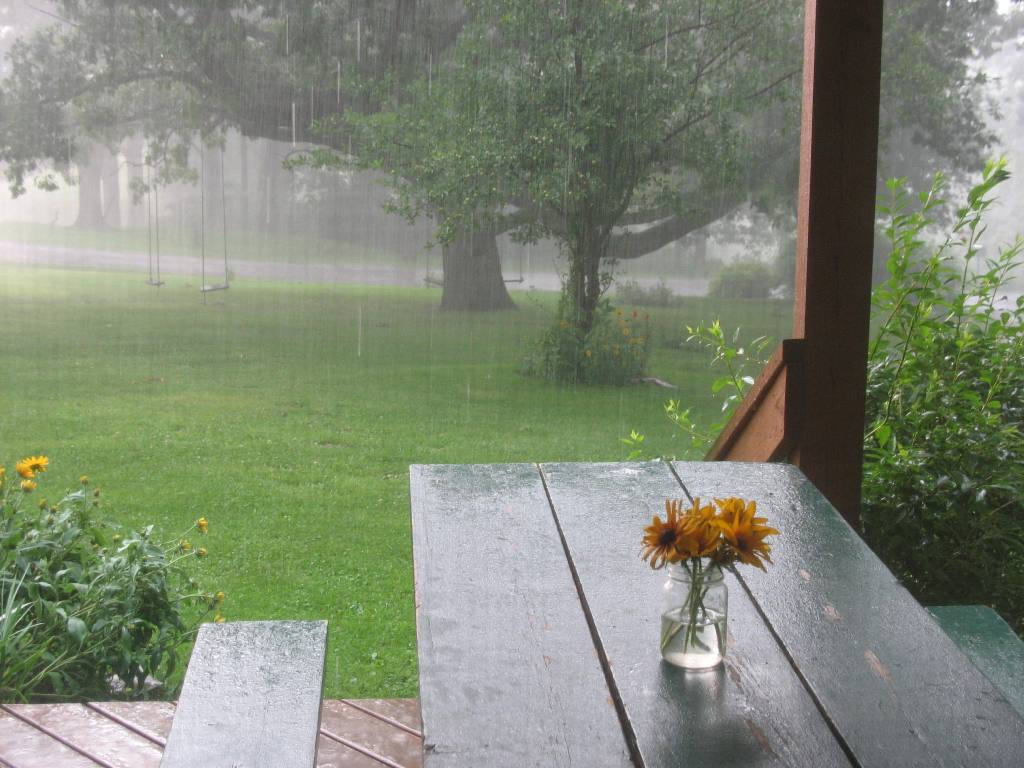 Many dreams are inherently related to emotions and feelings experienced while dreaming, for example soothing and comforting feelings of warm summer rain, feeling secure and protected while observing rain falling outside in bad weather from inside the house, or expression of loneliness and discomfort while being caught in the cold rain on the street and so on. For some people, while experiencing dreams about rain, the visions can evoke feelings of stressful and worrisome existence, some kind of disturbance or effects which result in excessive introversion, low self-esteem and depression projected into wake life. Psychological aspects of experiencing these kinds of visions can add to formation of complexes and states negatively affecting person’s life, especially if dreams are recurring in their nature.
Many dreams are inherently related to emotions and feelings experienced while dreaming, for example soothing and comforting feelings of warm summer rain, feeling secure and protected while observing rain falling outside in bad weather from inside the house, or expression of loneliness and discomfort while being caught in the cold rain on the street and so on. For some people, while experiencing dreams about rain, the visions can evoke feelings of stressful and worrisome existence, some kind of disturbance or effects which result in excessive introversion, low self-esteem and depression projected into wake life. Psychological aspects of experiencing these kinds of visions can add to formation of complexes and states negatively affecting person’s life, especially if dreams are recurring in their nature.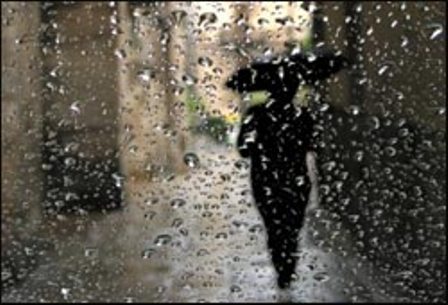 As it has been mentioned before, dreams about rain are closely related to symbols and visions of water, therefore there are a lot of similarities in the way these two type of dreams are interpreted. Often enough, the notions of clear or dirty water are approximated to explain similar dreams about rain. Many sources regard clean and fresh rainwater as a symbol of personal rejuvenation and renewal, the ability to start life over and expect to be favored by the destiny that lies ahead.
As it has been mentioned before, dreams about rain are closely related to symbols and visions of water, therefore there are a lot of similarities in the way these two type of dreams are interpreted. Often enough, the notions of clear or dirty water are approximated to explain similar dreams about rain. Many sources regard clean and fresh rainwater as a symbol of personal rejuvenation and renewal, the ability to start life over and expect to be favored by the destiny that lies ahead.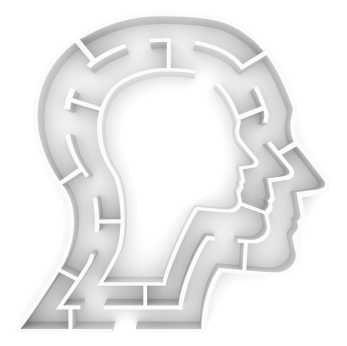 Not surprisingly, remembering and interpreting certain dream symbols can often result in revelations which were somehow already anticipated or expected by the dreamer. However, there are dream symbols which may be difficult to fathom, and a deeper understanding and analysis of life’s circumstances are needed in order to form a cogent connection to the dream visions themselves, especially when a dream is recurring. These symbols may reveal some deeply-rooted subconscious desires. They may be hiding repressed memories of long-forgotten traumas. Or they could be perceived as warnings based on dreamers’ previous life experiences and practical knowledge alerting them about upcoming unfortunate events, giving them ample time to steer clear of future dangers.
Not surprisingly, remembering and interpreting certain dream symbols can often result in revelations which were somehow already anticipated or expected by the dreamer. However, there are dream symbols which may be difficult to fathom, and a deeper understanding and analysis of life’s circumstances are needed in order to form a cogent connection to the dream visions themselves, especially when a dream is recurring. These symbols may reveal some deeply-rooted subconscious desires. They may be hiding repressed memories of long-forgotten traumas. Or they could be perceived as warnings based on dreamers’ previous life experiences and practical knowledge alerting them about upcoming unfortunate events, giving them ample time to steer clear of future dangers.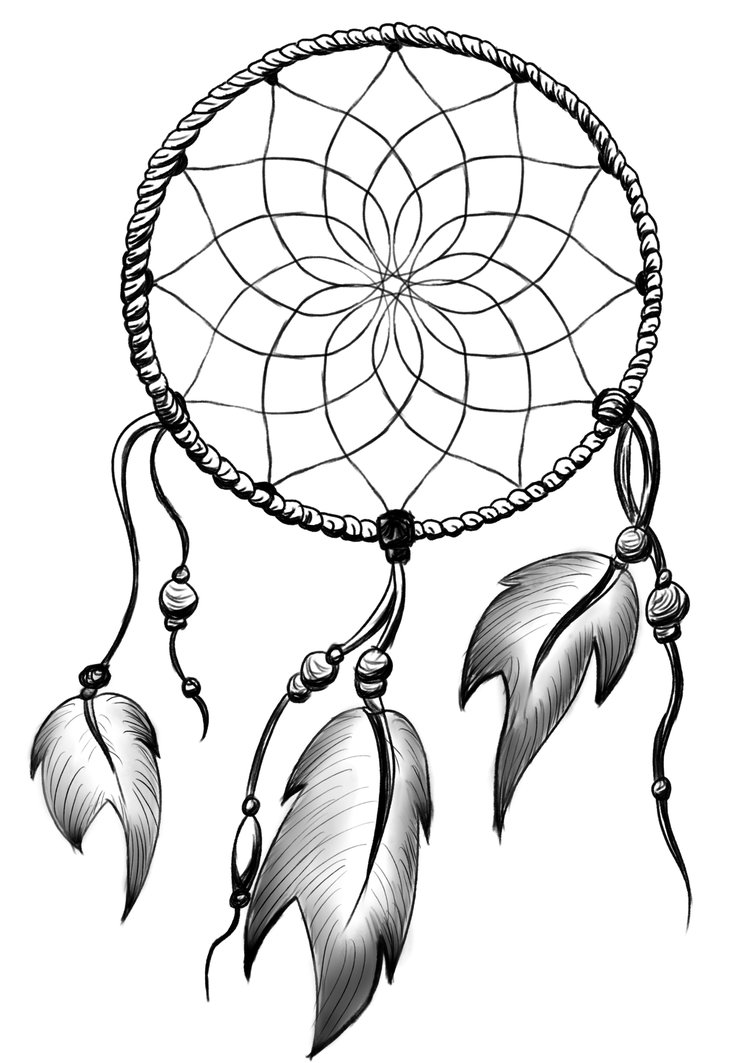 Interpretation of dream symbols using discrete representations of objects, actions and events experienced in a dream can result in some broad ideas for interpretations, however, more detailed combinations of symbolic attributes pertaining to specific dream visions produce much better interpretation results. Many dream interpretation sources posit that symbols are what can be considered elements of the universal language for dream interpretation and often belie a more deeply-rooted and inherent meaning.
Interpretation of dream symbols using discrete representations of objects, actions and events experienced in a dream can result in some broad ideas for interpretations, however, more detailed combinations of symbolic attributes pertaining to specific dream visions produce much better interpretation results. Many dream interpretation sources posit that symbols are what can be considered elements of the universal language for dream interpretation and often belie a more deeply-rooted and inherent meaning.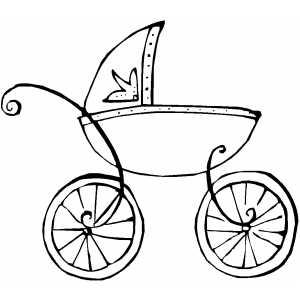 Taking the third dream sample a bit further, it is possible that such a complex dream vision could only be the tip of the iceberg, so to speak. For the sake of argument, and knowing that it would bring readers to a better understanding of symbolism and symbolic meaning, let us assume that one dreamer dreams of “cuddling a crying baby in a room full of countless other people who are doing exactly the same thing, i.e., each cuddling a crying baby, and all seem to be working in a collective effort to calm all the babies down, to no avail.” In analyzing this rather convoluted dream vision, dreamers will be guided by their own conscience, that is, an inner awareness of what part of the vision truly strikes a chord with them in order for them to decide that it is indeed the symbolic image they are seeking a specific answer for. The possibilities to narrow their inquiry to a searchable dream description are as divergent as “many babies,” “strangers taking care of babies,” “baby tantrums,” “room full of crying babies,” “room full of people cuddling crying babies,” and so on.
Taking the third dream sample a bit further, it is possible that such a complex dream vision could only be the tip of the iceberg, so to speak. For the sake of argument, and knowing that it would bring readers to a better understanding of symbolism and symbolic meaning, let us assume that one dreamer dreams of “cuddling a crying baby in a room full of countless other people who are doing exactly the same thing, i.e., each cuddling a crying baby, and all seem to be working in a collective effort to calm all the babies down, to no avail.” In analyzing this rather convoluted dream vision, dreamers will be guided by their own conscience, that is, an inner awareness of what part of the vision truly strikes a chord with them in order for them to decide that it is indeed the symbolic image they are seeking a specific answer for. The possibilities to narrow their inquiry to a searchable dream description are as divergent as “many babies,” “strangers taking care of babies,” “baby tantrums,” “room full of crying babies,” “room full of people cuddling crying babies,” and so on. A good example here is a vision of a dog. This animal commonly referred to as man’s best friend and companion. Still, some people harbor insurmountable subconscious fear toward this animal. Dog symbols can carry completely opposite emotional meanings associated with them. Individuals dreaming about aggressive dogs and who are actually frightened by dogs in wake life maybe experiencing some type of a warning by dreaming about angry and aggressive dogs as their fear is manifesting itself on a subconscious level. The symbols contained in the dream can vary in attributes, such as where the dogs was seen, how big it was, how aggressive it behaved and so on. The extent of fear is emphasized by additional details accompanying the dream, so when looking for the best
A good example here is a vision of a dog. This animal commonly referred to as man’s best friend and companion. Still, some people harbor insurmountable subconscious fear toward this animal. Dog symbols can carry completely opposite emotional meanings associated with them. Individuals dreaming about aggressive dogs and who are actually frightened by dogs in wake life maybe experiencing some type of a warning by dreaming about angry and aggressive dogs as their fear is manifesting itself on a subconscious level. The symbols contained in the dream can vary in attributes, such as where the dogs was seen, how big it was, how aggressive it behaved and so on. The extent of fear is emphasized by additional details accompanying the dream, so when looking for the best 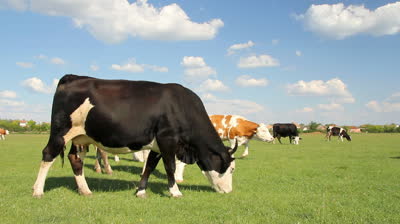 We frequently dream about our pets and domesticated animals, even though we are not dependent on or thoughtful of domesticated animals compared to the past, when people heavily relied on cattle or farm animals to sustain their very existence. Domestic animals or grazing animals in your dream are often a symbol of prosperity and abundance as well as balanced living conditions in your household. Other sources, which are more dated, always attribute dreaming about domestic animals to prosperous and wealthy life and easily overcoming hardships related to food supplies and general way of maintaining household and providing for the family.
We frequently dream about our pets and domesticated animals, even though we are not dependent on or thoughtful of domesticated animals compared to the past, when people heavily relied on cattle or farm animals to sustain their very existence. Domestic animals or grazing animals in your dream are often a symbol of prosperity and abundance as well as balanced living conditions in your household. Other sources, which are more dated, always attribute dreaming about domestic animals to prosperous and wealthy life and easily overcoming hardships related to food supplies and general way of maintaining household and providing for the family.